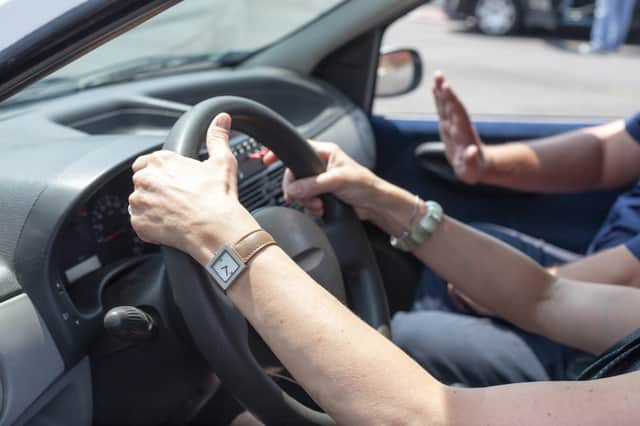Driving instructors haven't been banned from having relationships with teenaged students


Driving instructors are legally allowed to have relationships with teenage students, after avoiding the ‘position of trust’ tag under new laws.
Religious teachers and sports coaches are both on a list of professions which are banned from having relationships with teenagers aged 16 and 17. However, ministers blocked proposals to include driving instructors on the list.
‘Risk of criminalising legitimate relationships’
Advertisement
Hide AdAdvertisement
Hide AdThe list is part of new laws unveiled to Parliament on 9 March in the Police, Crime, Sentencing and Courts Bill.
The new bill will hand judges and police new powers to be tougher on criminals and will aim to keep serious sexual and violent offenders in prison for longer. The bill will also close a legal loophole, by placing sports coaches and religious leaders in line with teachers, doctors, carers and other adults in positions of trust.
Charities, including the NSPCC, and MPs have been campaigning for a change in the law since the 2016 football abuse scandal exposed how adults in positions of authority in sport had abused children.
Ministers, however, decided not to extend the ban to occupations such as driving instructors and music teachers. Ministers felt the decision would “run the risk of criminalising legitimate relationships and undermining consent law.”
Advertisement
Hide AdAdvertisement
Hide AdPeter Wanless, chief executive of the NSPCC, said: “We are delighted that after relentless campaigning, the government has finally listened to our calls and agreed to close this legal loophole.
“This landmark step sends a clear message that children and young people can return to the extracurricular activities they love without being at risk of grooming by the very adults they should look to for support and guidance.”
The new bill will also introduce powers for police to break up disruptive protests. Organisers face up to six months in prison if they breach conditions on rallies.